
by Lara Land | Feb 27, 2023 | COACHING, COMMUNITY, LAND BLOG, LARA LAND, Self Improvement, SELF-IMPROVEMENT
Everyone is talking about “the kids” and how much the pandemic and social media has harmed them, and they are not wrong.
The stress of that time period, the isolation, and the increased screen time have impacted their development, attention span, social relations, and capacity for handling challenges, especially in person ones. This isn’t a case of getting stronger through adversity. It is an example of nervous systems going into overwhelm and no longer being able to handle normal stresses. Like renowned expert Dr. Dan Siegel teaches with his “Window of Tolerance” concept, we can not learn or grow at all when this condition. To have a generation of children in this state is deeply concerning and requires a special and specific response from all of us, especially parents and educators. The ways we were instructed to teach may not be suitable for the needs of today. In fact, we can safely assume they aren’t.
First build safety, then build capacity.
It’s not untrue that our children need to face adversity, hear “no”, and build strength, but they can not do so in the current climate. First, we need to increase their sense of safety in the classroom which for many valid reasons may not be or feel like a safe place. This is likely inhibiting learning. So, what can you do? Flexible seating is a start but it may not be enough without additional trauma-sensitive school place awareness. Just like in trauma-sensitive yoga classrooms, it’s important to get the setup right. Consider which direction the students are facing. Some may need a sightline to or seat next to the door. Or maybe it’s the clock one kid is turning around to look at every five minutes. Perhaps allowing him to face it would be settling for him rather than fighting that instinct taking over him every thought. The time checking is not a reflection of the teacher, but rather a survival instinct. Someone gazing out the window? That’s natural as well and can be a way to integrate information and get biologically necessary sunlight and integration time. It’s true that shifting classroom groupings and layout every few weeks can be stimulating for some students, but make sure to consider that for some it will be highly dysregulating. If you have to do so, how could you make it easier on those students?
Do your students move classrooms during the day?
Orientation before each period shift is important whether they move rooms or not. Orientation is a natural and instinctual human desire to look around and situate ourselves in space. You can help your students to orient by inviting them to turn their heads and look behind them, stopping there to take in any color or texture they find appealing. After a few breaths, suggest they turn the other way and note something new. You can expand on this practice by suggesting they find 3 blue items or any other color, or texture configuration that centers them in the physicality of the space and ideally the most calming parts of that physicality for them.
Grounding into the space is another experience I find helps the nervous system settle. Students can ground by pressing their feet down and exploring how their feet feel as they connect to the surface of the floor. Can they notice any differences in their back or spine as they do so? Where is their back in relation to the chair? Let them play with the feeling of resting it against the back versus sitting at the front of their chair and ask them to note what they like.
Kids have so few choices in school. This can make them feel trapped and act out. Reminding them of the many subtle options they have with their own bodies can be freeing and eye-opening. Present these exercises as invitational and be open to anything they may or may not experience. If you stay curious and open, they will too.
In fact, co-regulation and modeling are two essential elements of the trauma-informed teacher. As one of my role models is famous for saying, “you can’t fake vibe.” It will always be clear to our students if we’ve done our own work regulating our nervous systems by orienting and grounding into the space before they arrive. Practice these exercises (and the others in my book) on your own and you will see markable shifts in the way your students experience you and you experience them, plus enjoy the great benefit of reducing your own stress, which you deeply deserve!
So much of teacher training in this post-pandemic age and the new world of school shootings is about being trauma-informed. These are just some of the embodied practices from The Essential Guide to Trauma Sensitive Yoga which can be incorporated into the classroom. For more strategies like these, grab a copy of the book and reach out for continued education opportunities.

by Lara Land | Feb 20, 2023 | COACHING, COMMUNITY, LAND BLOG, LARA LAND, Self Improvement, SELF-IMPROVEMENT
This week on the Beyond Trauma podcast I touch on a sensitive but important topic, my work bringing trauma-sensitive yoga to the NYPD. This offering began in 2015 and continues to this day more sporadically through the work of the nonprofit Three and a Half Acres Yoga. In this episode, I interview former Sergent Annie Labrada who experienced my offerings as an officer and went on later to get certified in yoga and then trauma sensitive yoga through Three and a Half Acres.
Police officers and other first responders are exposed to trauma multiple times in a single day and are at high risk of traumatization through that exposure. This is something we discuss in detail in the episode. Their traumatization can result in hypervigilence, dissociation, or a combination of both that can impact their work, making them either edgy and over-reactive or uncaring and disengaged. Yoga practice is one way of moving and releasing the stored trauma response and potentially softening those responses so they can be more calmly alert and engaged during their service. This was why it was so important to Three and a Half Acres Yoga to provide trauma sensitive yoga to officers in Harlem and greater Manhattan.
Annie attended my classes downtown at NYPD police headquarters and later in Harlem. Soon after she became certified in trauma sensitive yoga and began teaching for NYPD Blue Karma Yoga, an NYPD sports team that got yoga widely taught and accepted amongst officers. Three and a Half Acres Yoga partnered with them on a health and wellness event for cops in Central Park. These classes became an outlet for highly stressed officers to process their trauma through their bodies instead of intentionally or unintentionally exposing others to its implications.
Getting the okay to bring offerings like this one to the NYPD is nearly impossible from outside the force, so I was glad to see insiders having some success. Unfortunately, like many programs, it’s been challenging to maintain trauma sensitive yoga in within the NYPD, largely due to personnel change. Annie and many of her colleagues retired in the last year and Annie is now with her family in a pretty exciting place which you can hear all about on this episode.
What do you think about offering trauma sensitive yoga to the NYPD and others in positions of power? Take a listen to the episode on the Beyond Trauma Podcast and send me a message with your thoughts.

by Lara Land | Feb 13, 2023 | COACHING, COMMUNITY, LAND BLOG, LARA LAND, Self Improvement, SELF-IMPROVEMENT
Creating safe as possible spaces is at the heart of trauma-sensitive yoga trainings and all my teachings.
It’s something teachers, coaches, and facilitators of all activities and teams, including in the workplace should learn how to do. The beautiful thing is that workplace, school, sports and yoga classes, and events can be made exceedingly safer by implementing even a few of the skills I and other trauma sensitivity trainers teach.
Many people misunderstand these safer spaces as providing a way for people to avoid their fears and yet, it is actually the opposite. It’s by entering safe as possible spaces that trauma survivors are able to relax enough to expose themselves to stress-inducing situations and work through them.
The safest and most effective way for a trauma survivor to do this is at their own pace. Just like in exposure or desensitizing therapies, they must have the tools to consciously relax the body once the sympathetic nervous system response is activated. They can do this immediately using the breathing and relaxation techniques taught in yoga and later increase the amount of time they allow themselves to be stressed until the body gets used to it and no longer becomes dysregulated in the position. It’s a practice and an important one that has resoundingly positive ramifications off the mat in real life.
This is the same in any environment, including the workplace, sports teams, or school. However, this is only consistently only possible if the student, player, or practitioner is in charge of how much they expose themselves to the stress and only if they have a coach, teacher, etc whom they trust and who can help them through the process. Only in the case of a licensed and very skilled exposure therapist does this rule change. As most of us aren’t that, we need to step back on the pushing and adopt a stance where the practitioner leads and we celebrate their pace. They will grow at their pace. This is not something we need to worry about. We need to worry about the safety side.
Exposure is all around us. Safe spaces are not.
See my upcoming trainings and workshops to delve more into this and more aspects of trauma sensitivity in yoga and in the workplace.

by Lara Land | Feb 6, 2023 | BOOKS, COACHING, COMMUNITY, LAND BLOG, LARA LAND, Self Improvement, SELF-IMPROVEMENT
I first started working with Besty Polatin when she was my Alexander teacher at Boston University where I was studying Theater.
Alexander Technique was one of the solid handful of body-based models I strongly attached to during my time at University and which pulled me in the direction of body-mind healing as a profession and core interest in my life.
Besty’s interpretation of the Alexander Technique and emphasis on doing less caused me to look at my life in a new way. I started questioning the busy work I was hiding behind and began focusing on actions that birthed larger results and left more space in my life. I also began to realize where I wasn’t taking responsibility in my life and shift that dynamic.
To this day I do Alexander Technique exercises and use the guiding principle of doing less in my yoga poses and classes. I will often ask my students what tensions they can eliminate while still keeping the shape of the yoga pose.
What I didn’t know during my Boston University years was that Betsy Polatin’s body of work contained so many more modalities and eventually culminated in her own framework which she describes in her book Humanual. Betsy uses breathwork, centering, somatics, and other techniques all with trauma sensitivity. Her fresh and impactful look at trauma and the artist has made her a go-to for all kinds of artists and performers seeking to get unblocked and fully express themselves. She even has a course on trauma and the artist with Somatic Experiencing founder, Peter Levine.
Betsy and I discuss all of this in the latest episode of the Beyond Trauma Podcast and conclude one thing is certain: Bodywork isn’t about the body at all. It is human work, capable of releasing all types of trauma.

by Lara Land | Jan 29, 2023 | BOOKS, COACHING, COMMUNITY, LAND BLOG, LARA LAND, Self Improvement, SELF-IMPROVEMENT
I was honored last week to speak on Adam Keen’s Yoga and Mental Health panel with many esteemed colleagues including Eddie Stern, Shanna Small, and Gregor Maehle. Each of us were asked to speak on a specific topic. The question I was asked to address was the role of touch in yoga and if it could be therapeutic. Below are some of my thoughts on this very sensitive topic. As you will see I decided to focus not directly on that question but on the topic of touch and boundaries and their origin to give folks more of a context and the information they can use to make their own decision.
Where does our sense of boundaries come from?
Our first sense in the embryo is the sense of touch. It begins at our nose tip and grows throughout our largest organ, our skin. Soon we begin to move around inside the womb. It’s there that we first discover the sense of what is me and what is outside of me. Later, when we are little and begin to crawl, we experiment with boundaries by moving away from and back to our primary attachment figure, a figure so important to our development.
The primary attachment figure provides us with essential eye contact, appropriate reactions, and… you know it… touch. Touch is so necessary that we can not grow or heal without it. With it, our colds go away faster and we are generally happier. During the conference, I shared my personal stories of experiencing touch deprivation during my first year of college and again during the pandemic. What can I say… I’m a hugger!
Touch is wonderful and necessary, however, there are some real questions as to whether it can be totally consensual in a yoga classroom setting where it’s hard to argue that there isn’t some power imbalance, no matter what the teacher does to try to even that out, and a desire on the student’s part to please their instructor. Also, when it comes to the powerful physical adjustments often associated with Ashtanga Yoga, they are clearly designed to push us past our body’s natural and necessary boundaries which is problematic, especially from a trauma sensitivity framework.
Trauma survivors, in particular, have many issues around safe boundaries since those were often violated during the traumatic event or events. In addition, the trauma response inhibits the prefrontal cortex which is the part of the brain that regulates our social relationships, signaling what is appropriate and inappropriate. The fogging of this part of the brain can cause survivors to have very leaky and confusing boundaries. This is further magnified by the very frequent trauma response instinct to try to recreate the conditions of the traumatic event in order to respond to them differently. This, in addition to a common trauma survivor feeling that one’s life isn’t really theirs (disassociation), leads to unskillful boundaries and unnecessary risks.
Awareness of this phenomenon and the fact that almost everyone who walks into a yoga room is likely dealing with some kind of trauma or traumatic stress should make yoga teachers more, not less respectful of their student’s boundaries. Instead of pushing yoga practitioners past them with intense adjustments such as the ones we commonly see in the Ashtanga Yoga practice, instructors should validate, support, and celebrate boundaries and encourage their students to work at their edge and even back away from that edge to self-regulate as necessary. As Eddie Stern mentioned in his comments following my observations, a simple touch on the shoulder or hand on the back is enough to move prana and signal support. This is the kind of touch we should be considering as we hold space for our yoga students.
The subject of trauma sensitivity in yoga has been at the core of my work for the last twenty years and is summarized in my forthcoming book, The

by Lara Land | Jan 23, 2023 | BOOKS, COACHING, COMMUNITY, LAND BLOG, LARA LAND, Self Improvement, SELF-IMPROVEMENT
As a trauma-informed yoga teacher trainer and trauma sensitivity trainer, you would think that I would know and have expertise in every type of trauma.
That, however, is not the case. Definitions of trauma keep evolving and expanding to include survivors yearning to get their voices heard, and it is deeply important that we listen. It’s how a trauma survivor frames their story that is important and that needs to be acknowledged and believed.
Thenmozhi Soundararajan opened my eyes to the trauma of caste. Though I have spent years in India and was very aware of caste oppression, it wasn’t until her telling of it, that my understanding deepened into a bodily knowing of how traumatic the experience of being caste oppressed is and how much it still very much exists both in east Asia and here in the United States.
Caste oppression also involves religious oppression. It is taught in religious texts that certain castes are not allowed to read, speak or listen to. They are deprived of religion and taught it is due to their karma leaving many wondering what horrible thing they did in their past life. It is cruel and it must be acknowledged and stopped.
I am so grateful to activist and artist, Thenmozhi Soundararajan for sitting down with me to discuss the important topics of caste and religious trauma and how some of us are perpetuating this in yoga spaces even as we are trying to respect Indian culture.
Take a listen HERE and please don’t forget to rate and review!
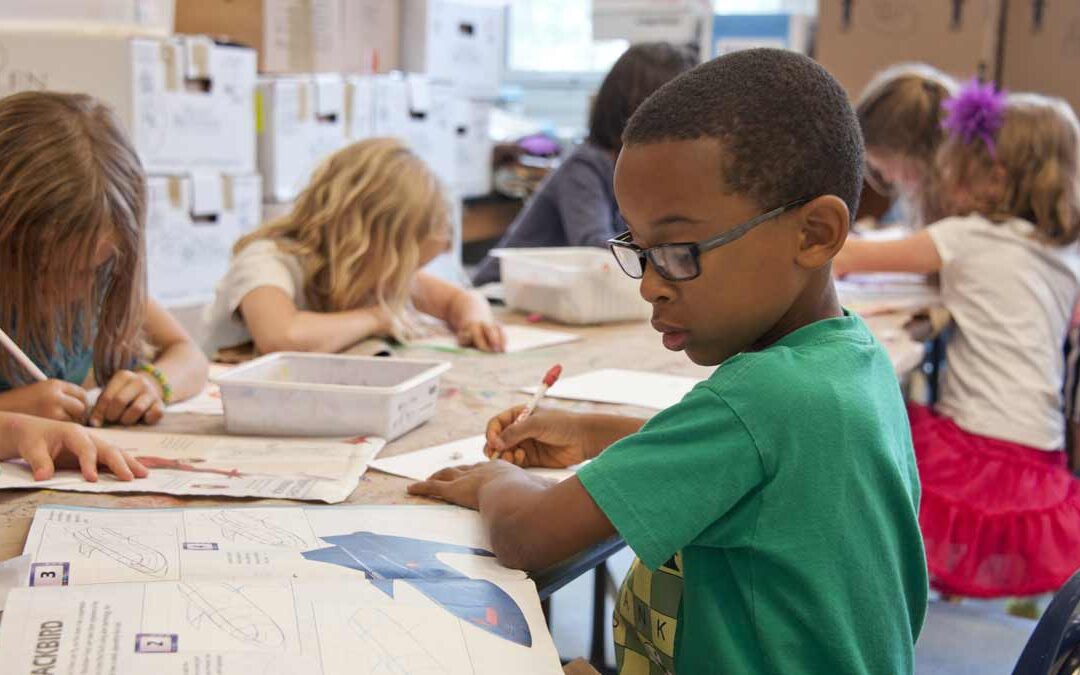
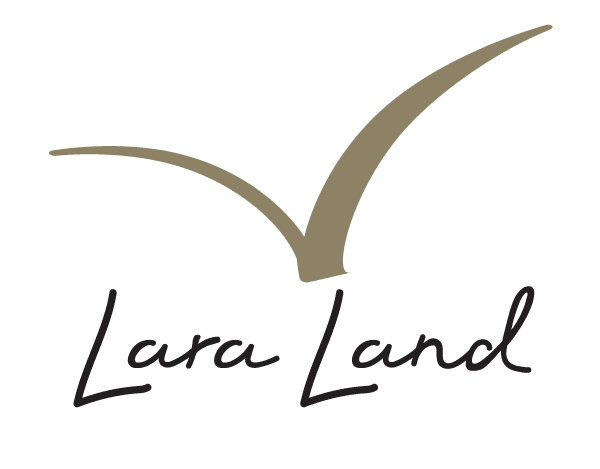
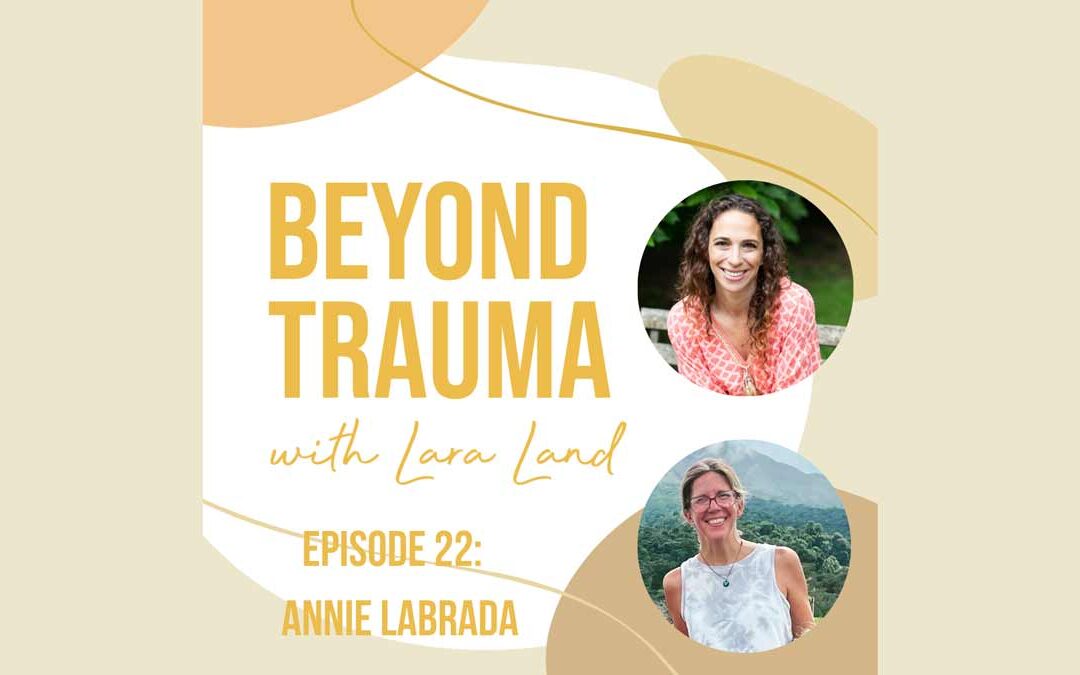

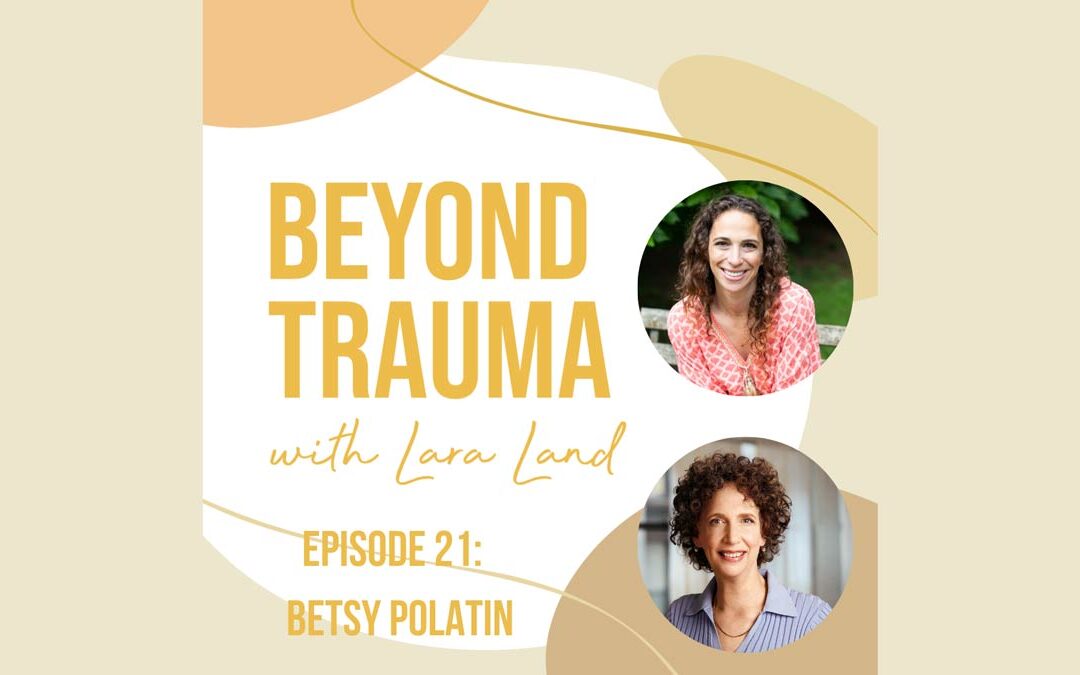
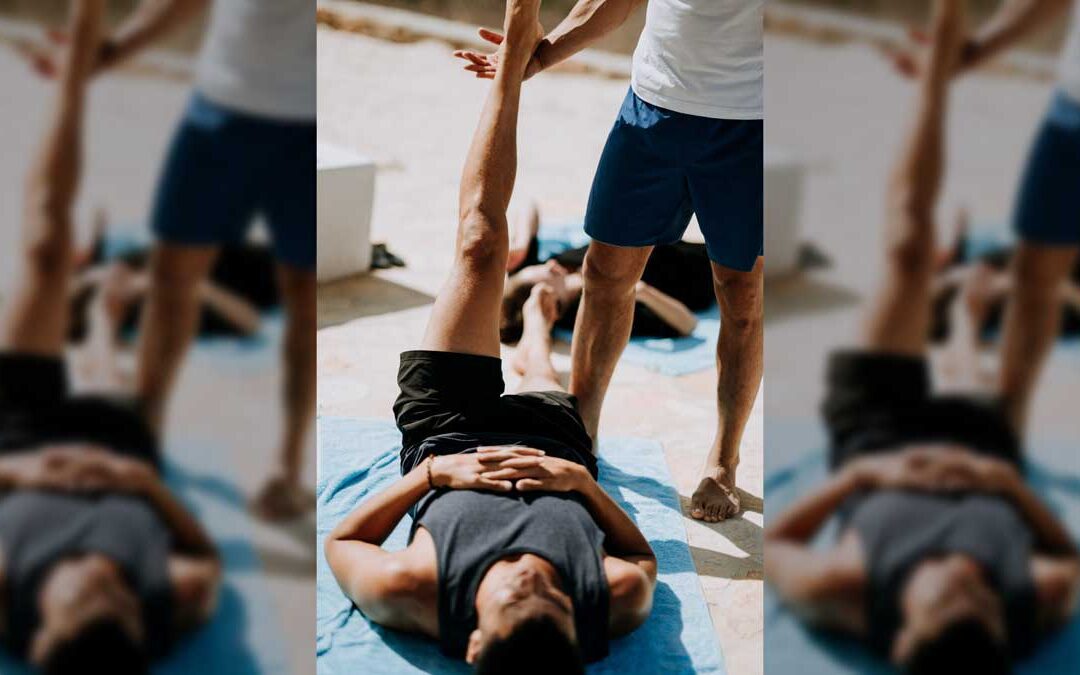
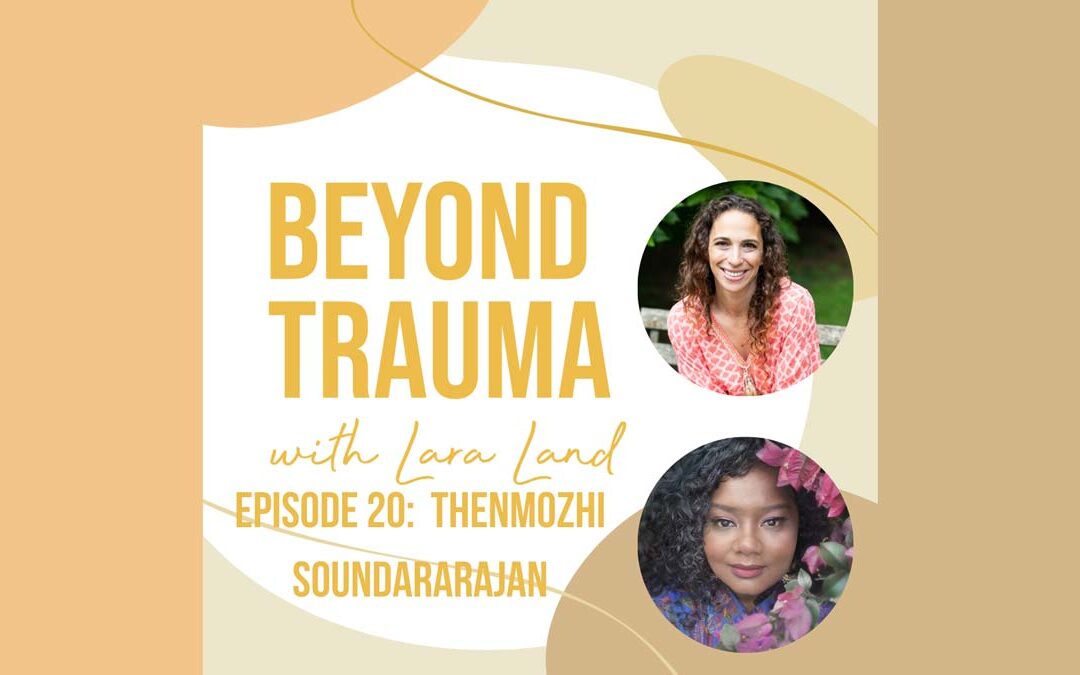
Recent Comments